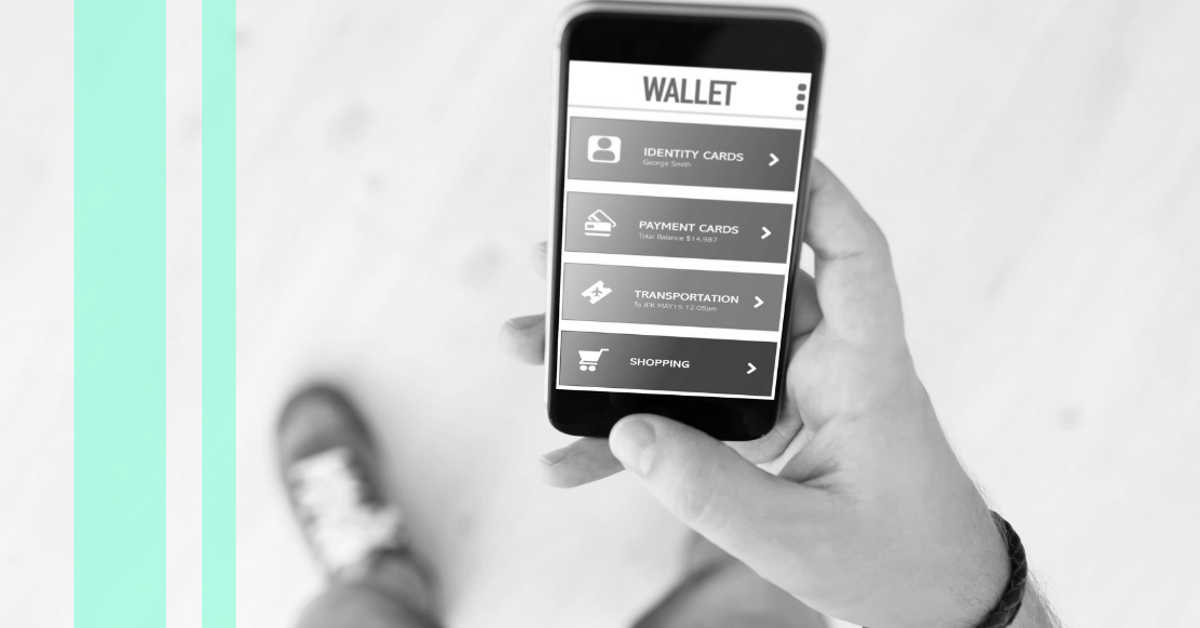What’s in a digital identity wallet?
Rummaging through folders looking for physical ID documents to open a bank account or rent a house is an annoyance everyone has experienced. Proving your identity is a necessity in daily life, with establishing a trustable digital identity solution being a major challenge for many businesses and government agencies.
Digital identity wallets that give users the ability to securely store and access ID credentials are being considered across the world to make the process of proving identity more convenient. Finding the balance between usability and security is a constant aim for identity solutions providers.
European digital identity
After years of development and planning, the European Union recently announced that the European Digital Identity Wallet (EDIW) will be piloted in 2023. This ID scheme aims to give any EU citizen or business the ability to immediately prove their identity through a set of secure digital identity credentials. All users will have to do is open a digital wallet on their mobile device and a trusted ID will be available.
While physical ID such as a passport or birth certificate have been used to prove identity, using these documents in the digital world brings a set of challenges. As people are not physically present online, simply using a passport number is not enough to guarantee a person is who they say they are.
According to a survey conducted by identity solutions provider Thales, two in three Europeans (66%) say they would use the proposed EDIW. As can be expected, 66% of respondents said that security was the most important element of any digital ID, with 46% saying convenience was the most important and 31% believing privacy should be the main priority.
Achieving interoperability
The success of a European-wide digital identity wallet will require full interoperability to be achieved. While the European Union are working to create “a common toolbox by September 2022,” to include “the technical architecture, standards, and guidelines for best practice,” a great deal of work will need to be done behind the scenes to ensure all member states are on the same page.
Clearly any digital wallet will need to be recognised and embraced by the widest range of parties if it is to be successful. Consumers who have privacy concerns should be made more comfortable by the fact that a government-issued digital wallet is more secure than alternatives offered by platforms like Apple or Google.
Ursula von der Leyen, President of the European Commission, pointed to the value of citizens gaining full control over what their data is used for and how it is used in her State of the Union address in 2020. She views a secure European e-identity as a powerful alternative to big tech platforms, where it is not clear how user data is used.
There is no question that as the shift to digital continues at pace, the need for a comprehensive and secure digital wallet solution is only going to become more urgent. Public services, too, are moving online, necessitating access to a digital ID for all people.
____________________________________________________________________
Written by Finbarr Toesland, Editorial Contributor, VC Innovations
The conversation continues at the Future Identity Festival 2022, co-located with the Fintech Talents Festival at The Brewery London, on the 14th & 15th November.

